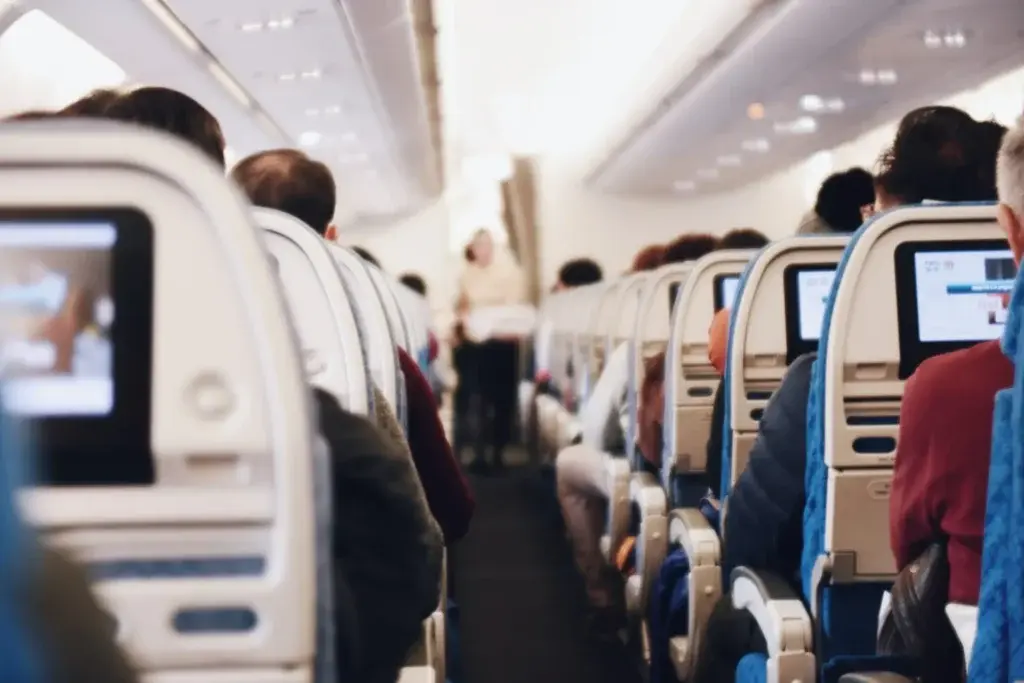Planning a trip to Vietnam: what papers do you need? How can you make sure you're well covered during your stay? How do I take out travel insurance for Vietnam? We tell you all about it in our complete guide!
Travel insurance Vietnam
Prix moyen constaté
9,20€/Pers*
*Tarif pour un voyage d’une semaine pour une personne de 30 ans (sans annulation).


COVID-19
Full "recommended" vaccination schedule

Mandatory documents
Valid passport is required

Residence permits
Only for stays of more than 15 days

Currency
Dong

Vaccination
No vaccination required

Travel insurance Vietnam
450,000€ coverage recommended by Yupwego

Best period
November to April

Emergency numbers
medical emergencies - 115
Your Travel Health Insurance Vietnam online
Start your quotation now and obtain your medical insurance certificate insuring medical expenses up to €500,000.
Discover Vietnam
Vietnam at a glance
Vietnam is an enchanting Southeast Asian country with a rich history, captivating culture, spectacular scenery and delicious cuisine. Travelling to Vietnam, you'll discover wonders such as Ha Long Bay, the rice terraces of Sapa, the bustling cities of Hanoi and Ho Chi Minh City, as well as picturesque beaches and traditional villages, offering an unforgettable experience in the heart of a unique and authentic destination.
Must-sees
See our complete guide to
in Vietnam.
Travel insurance Vietnam
Is travel insurance compulsory in Vietnam?
In Vietnam, travel insurance is not required to enter the country. However, it is strongly recommended that you have adequate travel insurance to cover any health problems, accidents or trip cancellations.
Why should you take out travel insurance for Vietnam?
Travel insurance for Vietnam is recommended for a number of reasons:
- Medical expenses: In the event of illness or injury.
- Repatriation: If you need to be evacuated to receive appropriate medical care, travel insurance can cover the cost of evacuation, which can be very expensive.
- Third-party liability: If you cause damage to others or property, travel insurance can cover the cost of third-party liability.
- Loss and theft: If your luggage is lost or stolen, or if you lose money or valuables, travel insurance can cover these losses.
- Cancellations and delays: If your trip is cancelled or delayed due to unforeseen circumstances, such as illness or natural disaster, travel insurance can cover the associated costs.
What does my Vietnam travel insurance with YUPWEGO cover?
To travel to Vietnam, YUPWEGO recommends a minimum cover of €450,000. Here's just one of the coverages we offer for each of our contracts:
Before you leave
What are the entry requirements for Vietnam?
To enter Vietnam, you will need a passport valid for at least 6 months from the date of your arrival in the country. In addition, a visa is required if you plan to stay in the country for more than 15 days.
Jet lag
There is a 5-hour time difference between Vietnam and France. If it's 3pm in France, it's 8pm in Vietnam.
How can I insure myself for the long term?
If you wish to insure yourself for a long period in Vietnam, you may consider purchasing an
expatriation insurance
specially designed for expatriates, or a
PVT insurance
insurance if you are studying or doing an internship abroad.
Health care in Vietnam
What are the health risks in Vietnam?
In Vietnam, health risks include mosquito-borne diseases (malaria, dengue, Zika), traveler's diarrhea, food-borne diseases, respiratory infections and liver diseases (hepatitis A and B). It is advisable to take precautions, get vaccinated and consult a health professional before travelling.
What type of plumbing system should I use?
We recommend using private healthcare services, as they generally offer better and faster care than the public sector.
Travelling responsibly in Vietnam
How can you reduce risks by traveling responsibly?
- Respect local culture and customs by learning some basic Vietnamese and wearing appropriate clothing, especially in places of worship.
- Be environmentally conscious by avoiding leaving waste behind, preferring reusable products and opting for nature-friendly activities such as hiking and ecotourism.
- Support local businesses by choosing restaurants, stores and travel agencies run by local people, to contribute to the local economy and preserve traditional culture.
- Avoid activities involving abused or captive animals, preferring instead to visit ethical animal sanctuaries that respect their well-being.
- Choose eco-friendly transport such as public transport, cycling or walking, and if possible, offset your carbon footprint by supporting reforestation projects or environmental initiatives.
- Learn a few Vietnamese words to show your respect for the local culture and to facilitate interaction with the locals, which will lead to more rewarding exchanges.
- Be aware of the use of natural resources, especially water, by using it sparingly and avoiding wastage, especially in areas where water can be scarce and precious.


















